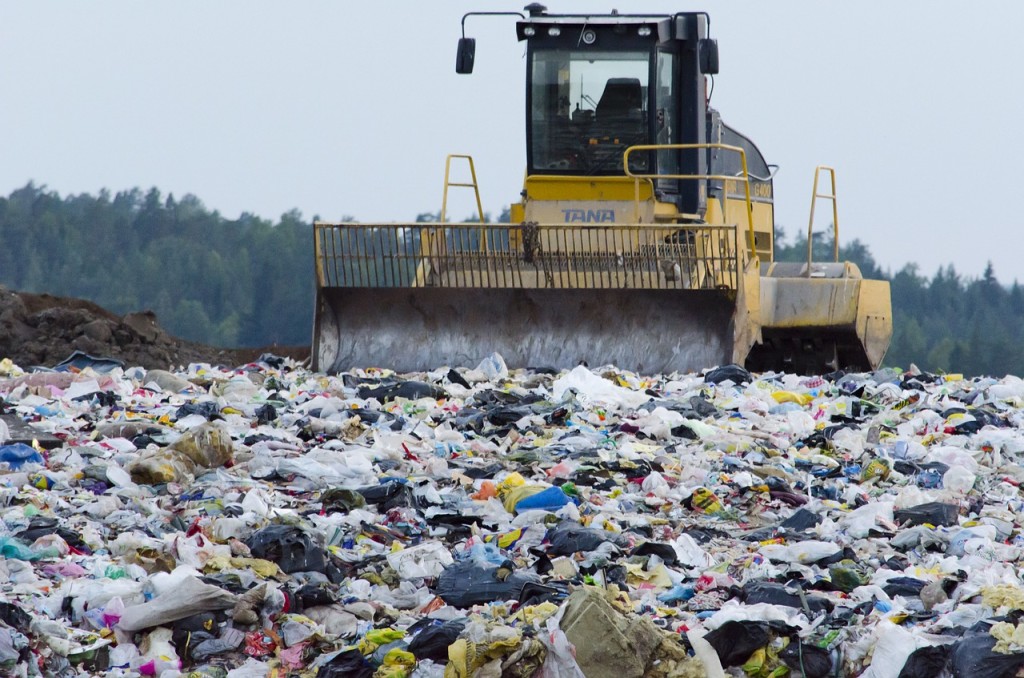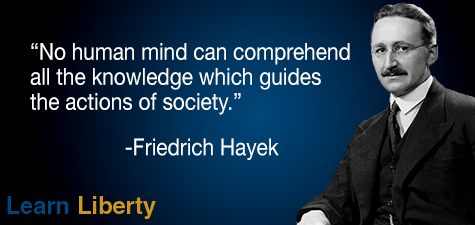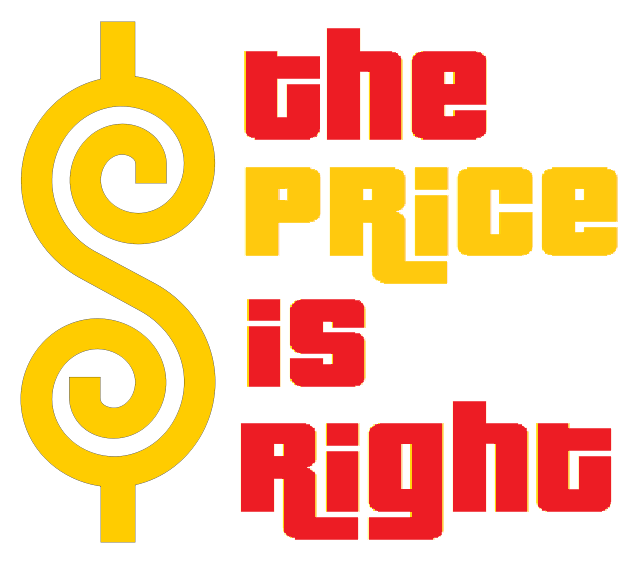Tag: Prices


Here’s Who I’m Blaming for Hamilton’s Exorbitant Ticket Prices
August 16, 2016 | Post
The law of demand still applies even to overrated musicals.

Lessons from Venezuela, as Told by a Venezuelan
August 8, 2016 | Post
Editor’s note: This piece was originally posted by Freedom Partners on July 31st, 2016. Minor edits were made to improve clarity. What does socialism look like in the real world? Cronyism. Inequality. Poverty. Despair. Human suffering on an immense scale. That’s the answer that Freedom Partners member — and Venezuela native — Erick Brimen gives in the video below. […]

Raising the Minimum Wage Cannot Benefit the Economy
June 13, 2016 | Post
In the current debate about the minimum wage, some argue that higher minimum wages boost the economy overall. If workers receive higher wages, the reasoning goes, then they will have more money to spend, and their increased spending will boost business all around. In this news video, for example, an activist in the citizen action […]

Greener than Thou?
May 23, 2016 | Post
I have a confession to make. I don’t recycle as many people understand the term. I try to reduce and reuse-I “recycle” shirts, towels, dishes, and the like in that I don’t discard them after one use, but several years ago I stopped recycling in the sense that I don’t put bottles, cans, and newspaper […]

Quote of the Day: Hayek on Knowledge
April 5, 2016 | Post
For more Hayekian insight into the extent and constraints of human knowledge be sure to read Hayek’s seminal work, “The Use of Knowledge in Society” (pdf).

On Demand Program of the Week: The Price is Right
February 8, 2016 | Post
Why does your iPhone cost $200.00? Why is the price of gas so volatile? What gives Uber the right to enact “surge pricing”? It’s easy to think of prices and profit as symbols of greed and corporate power, but prices are really just bits of compressed information that save you time and effort! What do […]

We Can Never Run Out of Anything
February 5, 2016 | Post
Somewhere along about 2005 I started hearing about “Peak _____,” where the blank is some resource such as oil, water, food, and so on. The pique about “Peak” was based on the notion that “we” (and I’m not sure what that means) had reached the point of maximum production, and that the future was a […]
The Wonder of Market-Set Prices
February 5, 2016 | Post
The following appeared on Professor Don Boudreaux’s blog Cafe Hayek on January 24th, 2016. The following is an excerpt. Be sure to head over to his blog to check out the whole piece packed full of economic wisdom. In The Road to Serfdom,* F.A. Hayek makes an elaborate and important point that is summarized nicely, I […]

Trivia: Did you know this about Wikipedia founder Jimmy Wales?
December 10, 2015 | Post
Jimmy Wales, founder of Wikipedia, was influenced Friedrich Hayek’s essay, “The Use of Knowledge in Society” which argues that information is decentralized. You know it’s true, because it says so on Wikipedia, but if you’re looking for other sources, it’s corroborated by this New Yorker article, and Wales even went on EconTalk with Russ Roberts […]

Did You Know?
November 26, 2015 | Post
Did you know that selling milk for less than the government’s imposed price floor could land you in jail? Prison time isn’t the only drawback of minimum prices for milk. Prices are the miraculous mechanism by which complex market information about supply and demand are communicated throughout the economy. When government policies artificially raise or […]

On Artificial Intelligence, the Knowledge Problem, and Consumerism
November 15, 2015 | Post
Learn Liberty recently released a video titled “What if There Were No Prices? Railroad Thought Experiment” with Professor Howard Baetjer of Towson University. The video argues that market prices communicate the value of goods and services in the economy so that those goods and services are allocated to their most productive (and value generating!) uses. […]

High Prices Convey Information, not Criminality
November 6, 2015 | Post
Last month’s record flooding in South Carolina brought renewed crackdowns on price gouging. But higher prices simply convey information – in this case that consumers should conserve and producers should produce. In this way, prices allow the shortages that occur in natural disasters to be alleviated. In the new Learn Liberty video below, Towson University […]

Bureaucratic vs business management in health care
October 19, 2015 | Post
The health care debate has been long on hysterics and short on useful analysis. Incendiary and counterproductive rhetoric about socialism, Nazis, and death panels from some corners notwithstanding, critics of socialized medicine raise an important question with uncomfortable answers: in the absence of profits, losses, and prices, how will decisions about the production and allocation […]

